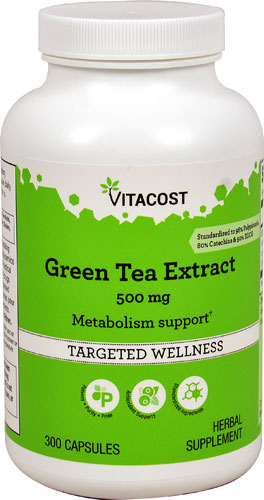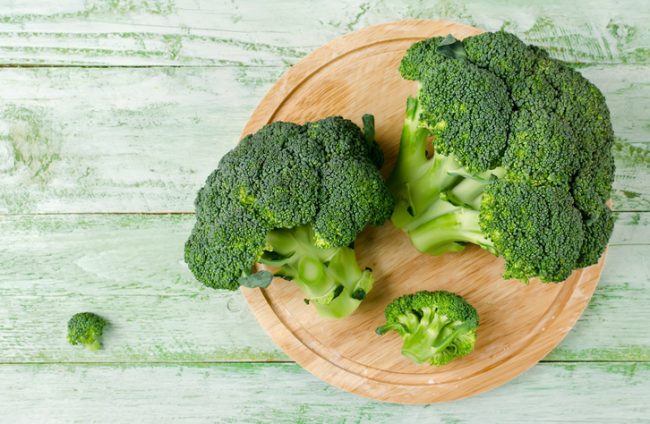At some point in their lives, nearly one of every four men and women will hear three words that nobody ever wants to hear: “You have cancer.” That has to be one of the scariest phrases in the English language.
In 2017 alone, nearly 1.7 million Americans were given that diagnosis, according to an estimate from the National Cancer Institute. As of 2014, more than 14.7 million people were living with the disease in one form or another, the institute says.
Fortunately, thanks to advancements in treatment and prevention, the five-year survival rate for cancer has been steadily climbing; it’s now hovering around 67 percent, the institute says. Meanwhile, the overall death rate has been gradually declining.
To be sure, anti-cancer drugs and medical procedures have contributed greatly to those downward trends. But diet also is playing a role.
A study published in February 2018 in the medical journal Nature adds to the “growing body of evidence” that diet can influence the spread of cancer, Simon Knott, associate director of the Cedars-Sinai Center for Bioinformatics and Functional Genomics, says in a news release.
The study, co-authored by Knott, found that limiting the presence of an amino acid known as asparagine through dietary restrictions decreased the ability of a frequently fatal type of breast cancer to spread to other parts of the body.
Among foods rich in asparagine are dairy, whey, beef, poultry, eggs, fish, seafood, asparagus, potatoes, legumes, nuts, seeds, soy and whole grains, the news release says. Foods low in asparagine include most fruits and vegetables.
While the study focused solely on asparagine and triple-negative breast cancer and the findings can’t be applied to every type of cancer, the research underscores the broader benefits of diet in combating the disease.
Here are five dietary tips that can help you or a loved one take on cancer.
1. Put emphasis on plants.
Registered dietitian nutritionist Courtney Meidenbauer, a spokeswoman for the Wisconsin Academy of Nutrition and Dietetics, says a plant-based diet filled with fruits, vegetables, whole grains, nuts and seeds can aid cancer treatment and survivorship.
How so? A plant-based diet is chock-full of vitamins, minerals, fiber and phytochemicals, all of which can strengthen our immune systems, Meidenbauer says. Generally speaking, cancer depletes our immunity.
“There can be a place for animal products and animal byproducts, but it’s not the main focus of the diet,” she says.
2. Bolster your energy.
Registered dietitian nutritionist Taylor Engelke, owner of Nutrimental Healthcare, works with a number of cancer patients and recommends they stick to smaller, more frequent meals. This way, they’re consuming enough calories, since cancer treatment and the disease itself can sap a patient’s energy. Engelke stresses nutrient-dense foods like nuts, seeds, fruits, vegetables and eggs.
Since many cancer patients lose their appetites due to the side effects of radiation and chemotherapy, multivitamins and calorie-dense foods should supplement their diets, she says. Among the calorie-rich but healthy foods that should be on the menu are whole milk, dairy products, peanut butter, nuts, seeds and avocados, Engelke says.
3. Spice things up with turmeric.
The value of curcumin, a substance found in the spice turmeric, as a tool in cancer treatment and prevention hasn’t been proven. But the Mayo Clinic points out that researchers are looking into whether curcumin’s antioxidant properties might reduce inflammation, which appears to play a part in cancer. Asian medicine long has relied on curcumin for health care treatments, the Mayo Clinic says.
“Laboratory and animal research suggests that curcumin may prevent cancer, slow the spread of cancer, make chemotherapy more effective and protect healthy cells from damage by radiation therapy,” the clinic says.†
4. Pick grapes and grape juice.
According to the American Institute for Cancer Research, grapes and grape juice are great sources of resveratrol, a phytochemical that is championed as an anti-cancer weapon thanks to its antioxidant and anti-inflammatory powers.
“In laboratory studies, resveratrol prevented the kind of damage known to trigger the cancer process in cell, tissue and animal models,” the institute says. “Other laboratory research points to resveratrol’s ability to slow the growth of cancer cells and inhibit the formation of tumors in lymph, liver, stomach and breast cells. Resveratrol has also triggered the death of leukemic and colon cancer tumors.”†
5. Go for the broccoli.
Broccoli is the star of the family of “cruciferous” vegetables, the American Institute for Cancer Research says. These veggies are linked to a lower risk of colorectal, mouth, pharynx, larynx and lung cancer, according to the institute. Other vegetables in this category include Brussels sprouts, cabbage, cauliflower, white turnips, kale and collard greens.†
In touting the benefits of cruciferous veggies, Connie Rogers, a certified coach specializing in integrative nutritional holistic health, says: “The key to consuming all the various vitamins and nutrients you need is found in rich, vibrant, colorful whole foods.
†These statements have not been approved by the Food and Drug Administration. These products are not intended to diagnose, treat, cure or prevent disease.




